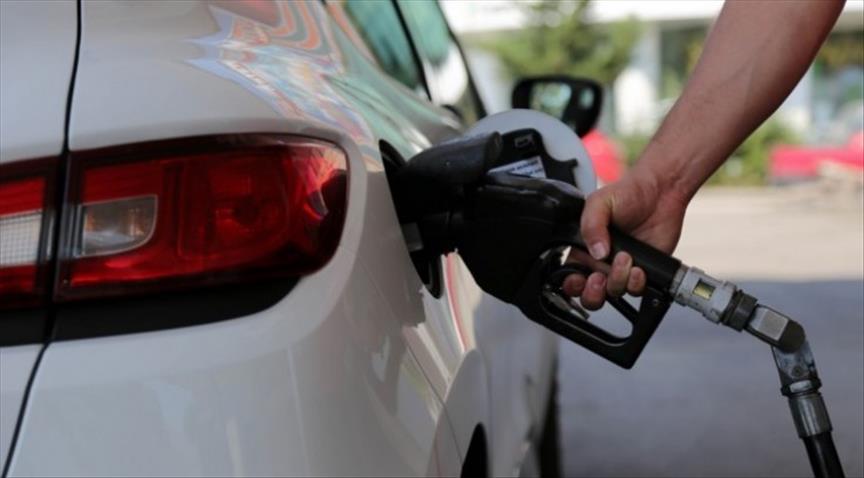Crash tests conducted by LPG experts on LPG-powered cars in Polish capital Warsaw dispelled the common misconception that LPG cars are 'bombs on wheels'.
Wojciech Mackiewicz, an expert from Polish company, Gazeo, which conducted the test, said that the common misconception of the danger of LPG vehicles was expounded by those who cannot refer to any specific incidents or cite particular statistics to back their claims.
During the crash tests, two autogas powered cars with LPG tanks with their engines running collided.
'The engine bay was deformed, which resulted in the breakage of a brass connector between the electro valve in the engine bay and the LPG reducer,' Mackiewicz said.
Another expert, Dariusz Korusiewicz from Polish LPG Company AC, said there was an anticipated LPG leakage, but its extensiveness is the main safety issue.
'After 0.3 seconds, the pressure sensor noticed a sudden pressure drop and the LPG flow was cut off. The engine kept running, but was switched over to petrol mode. A lot of things happened inside the engine bay and the damage is quite extensive but all the sensors of the auto gas system worked as intended,' Korusiewicz said.
'There was virtually no LPG leakage at all, since all fuel that leaked in the 0.3 seconds had absolutely no potential to cause fire to the vehicle,' he added.
The experts said that the aftermath of the crash test proves that the cars were safe and the LPG tanks behaved just as nothing had happened to them.
There are 25 million cars running on LPG worldwide, including 13 million in Europe alone.
According to statistical data from the World LPG Association, in 2014, 12 percent of road accidents and as much as 25 percent of all collisions are those involving one car rear-ending another.
By Murat Temizer
Anadolu Agency
murat.temizer@aa.com.tr


